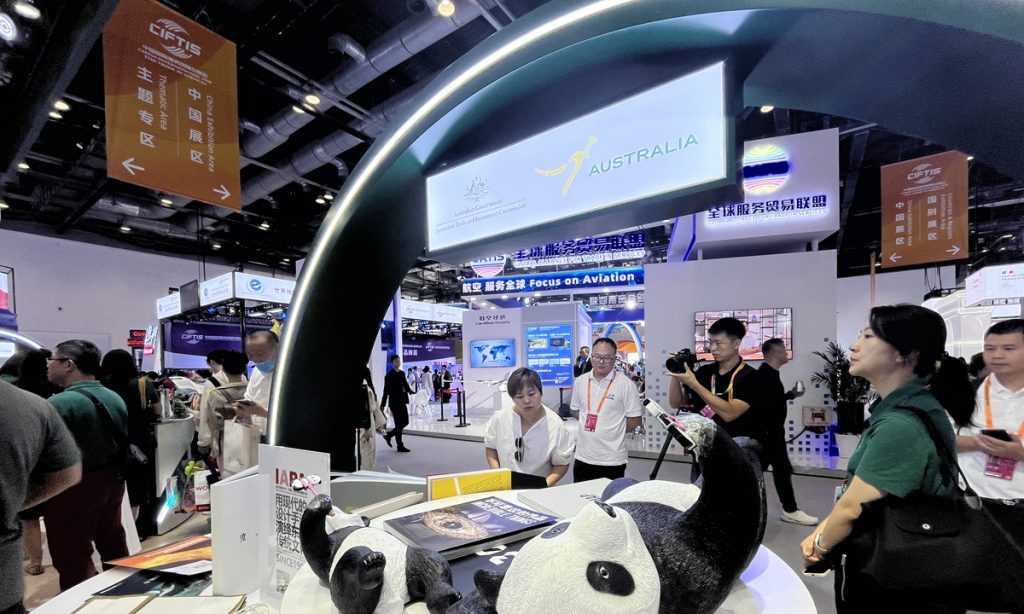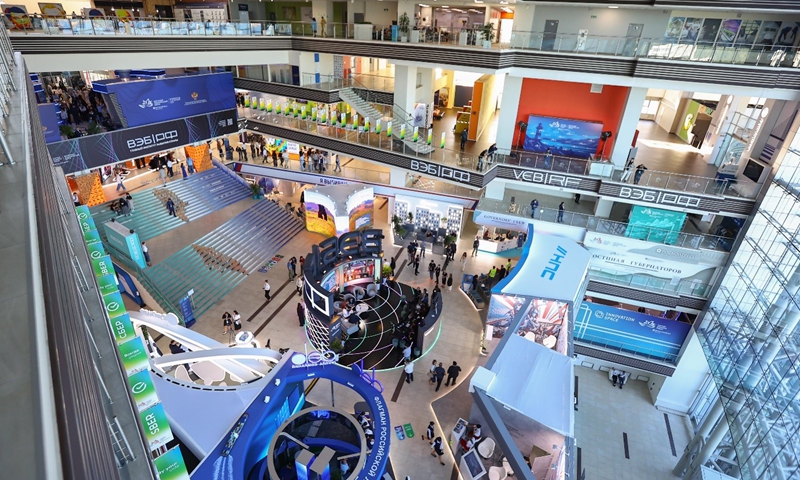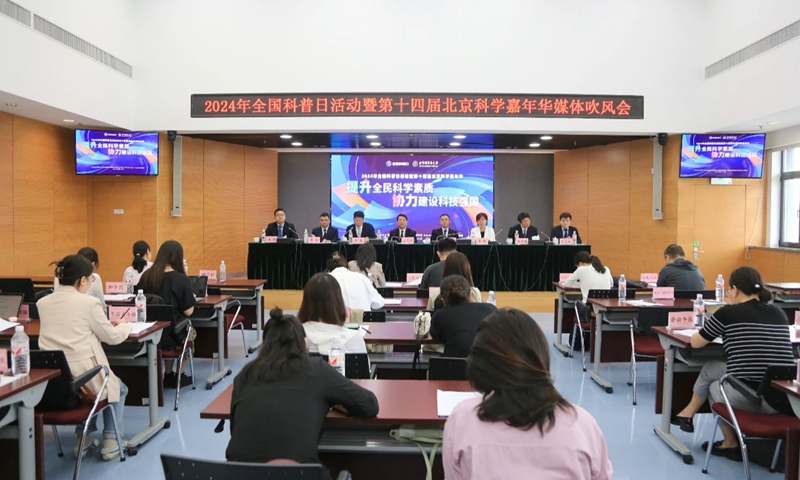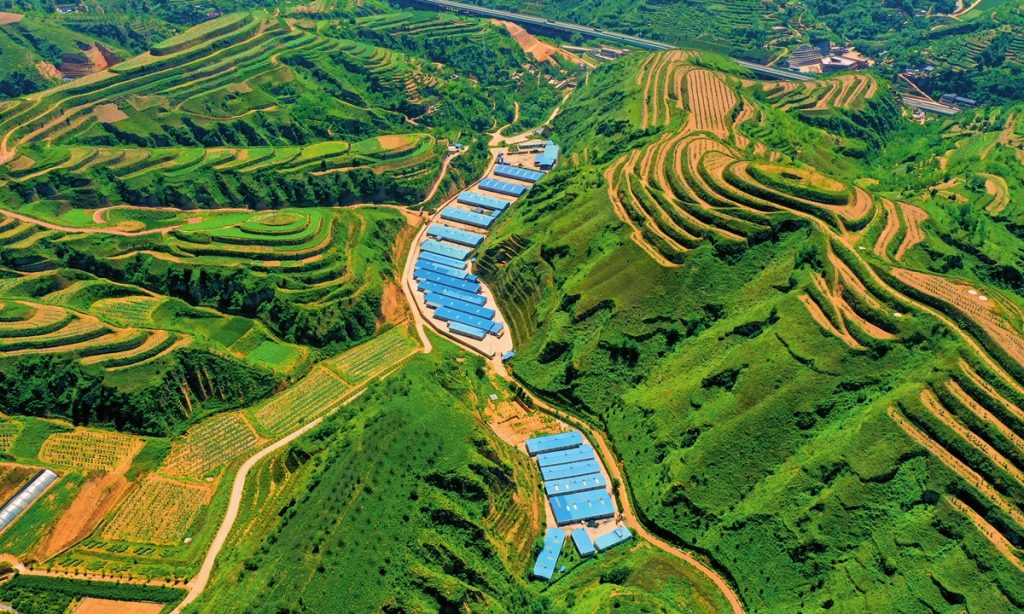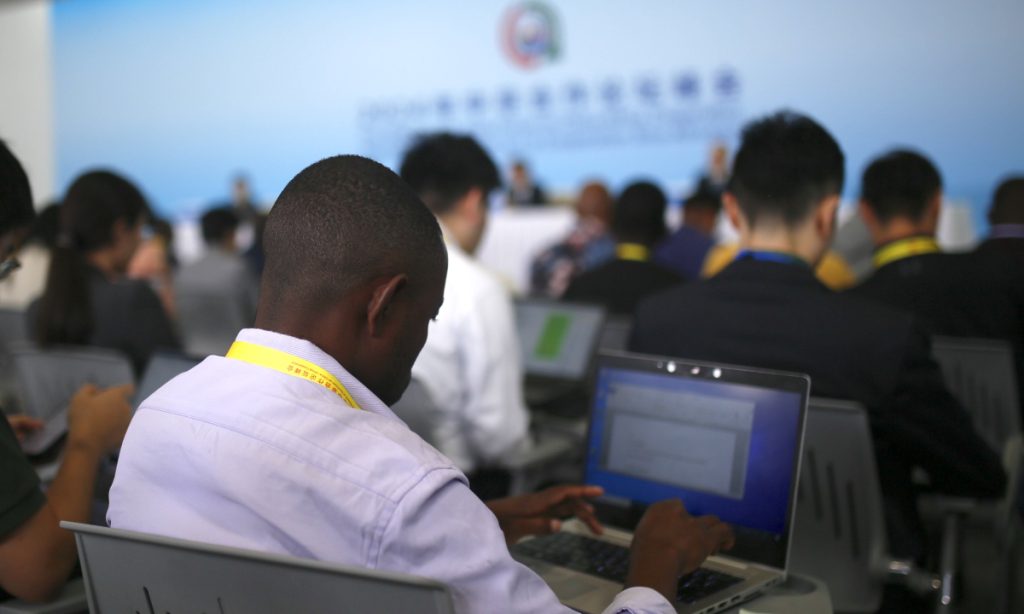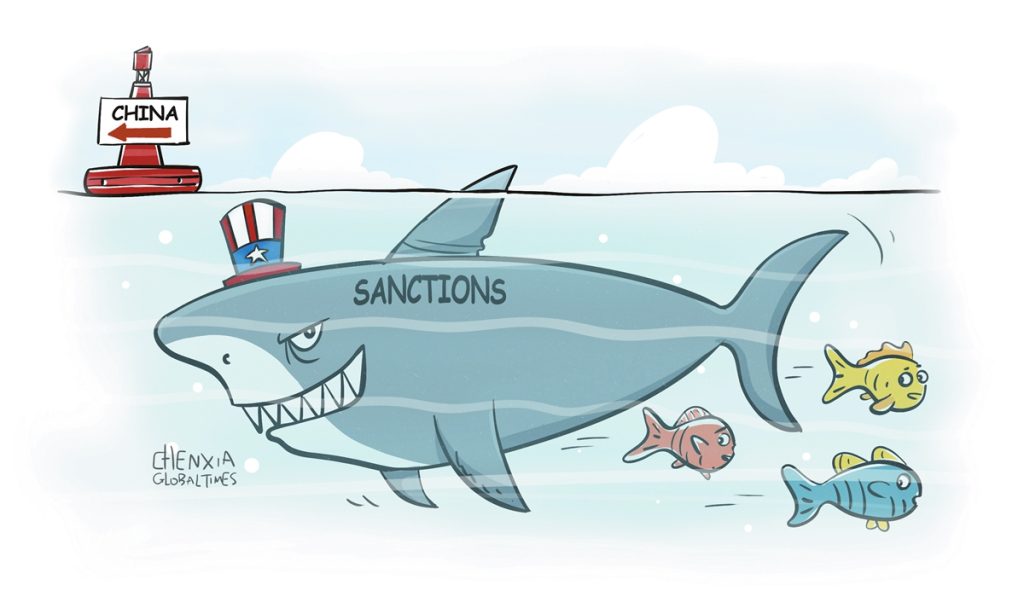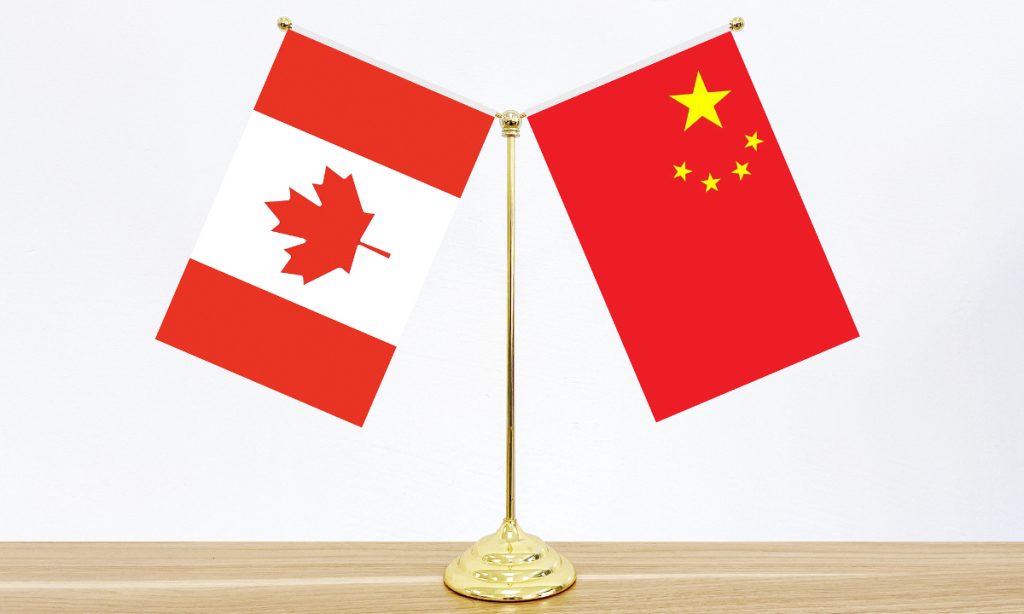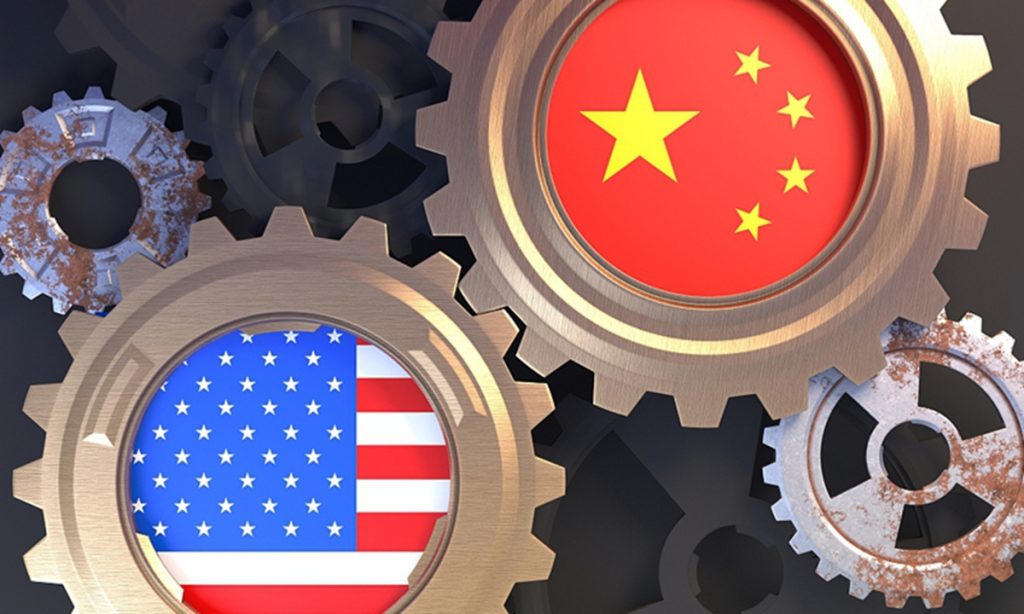GT investigates: Lithium protests in Serbia: environment driven or politically motivated?

A recent protest against a lithium mining project broke out in Serbia, with demonstrators filling the streets of capital Belgrade. They reportedly obstructed the tracks at two railway stations in the city, and briefly halted traffic on a major highway.
While Serbian government believes that the mine is an opportunity for economic development, protesters say it would cause pollution on the Jadar Valley.
Serbian President Aleksandar Vucic told reporters that although the main protest was done democratically, the blockage of traffic on the highway amounted to "terror of the minority over the majority."
"It is part of the hybrid approach" designed to topple the government, Vucic said, adding that he had been tipped off by Russian intelligence services that a "mass unrest and a coup" were being prepared in Serbia by unspecified Western powers that wish to oust him from power.
Analysts said that under the environmental protection slogans are probably subversive activities by the West, in an attempt to stage a coup d'état in Serbia and install pro-American opposition forces in power.
And this protest, similar to the previous ones, was ostensibly spontaneous, organized by Serbian citizens and ENGOs (environmental non-governmental organizations), but in reality the influence of a few Western countries including the US was lurking behind the scenes, analysts noted.
Whitewashed 'color revolution'?
Earlier this month, tens of thousands took to the streets in Belgrade against a government-approved lithium mining project in western Serbia's Jadar Valley. It is a cooperative project between the Serbian government and Rio Tinto, a British-Australian multinational metals and mining corporation.
The protest, which Western media outlets described as "one of the biggest in recent years" in the country, was allegedly organized by the country's ENGOs and environmentalists concerned about the project's potential impact on the environment.
According to Western media, the protest seemed reasonable and reflected public sentiment, as many mainstream Western news outlets shone the spotlight on a protester named Zlatko Kokanovic in their stories, introducing him as an individual who loves environmental protection.
In a Reuters story on August 9, for instance, Kokanovic was described as "a 48-year-old Serbian farmer" and "a father of five." An Associated Press (AP) story on the same day used a similar description, calling Kokanovic a 48-year-old farmer who has five children. Another individual, Marijana Petkovic, has also been frequently covered in some stories as a "local resident" or "neighbor" of a villager close to Jadar Valley.
However, the two names above are president and key member of the ENGO "Ne damo Jadar" respectively, a main initiator of the protest, the Global Times found. In a story published by Belgrade-based newspaper Danas, Kokanovic "called on all citizens of Serbia to come to the protest in Belgrade."
Rather than making their roles in the protest public, some Western media outlets seemingly preferred to carefully portray them as ordinary citizens who are purely passionate about environmental protection and who happened to participate in the demonstration. Clearly, they made every effort to depict this riot as a spontaneous act by the Serbian people based on their will.
But various signs have indicated that, as Serbian President Aleksandar Vucic said on August 11, this was no ordinary protest but rather "part of Western-backed 'hybrid' warfare" against his government. "We knew everything in detail," AP cited Vucic as saying. "You think you have surprised someone… we have always been restrained, without violence we ensured order in the country, without a problem."
According to a TASS article published on August 10, Vucic told the media that Moscow had warned Belgrade of preparations for mass riots initiated by representatives of Western countries. "Today, we received official information from the Russian Federation," said Vucic. He added that the information was provided through formal channels, and the Security and Information Agency - Serbia's intelligence body - was responsible for that.
The TASS article also noted that, Serbian newspaper Vecernje Novosti earlier reported that members of Serbia's opposition were ready to take advantage of the pro-Western protests in Belgrade planned for August 10, "to seize the presidential palace, eliminate the head of state, and launch a similar scenario as in Ukraine."
It has obviously gone far beyond just a simple environmental protest. In an interview with news agency RIA Novosti, Serbian Deputy Prime Minister Aleksandar Vulin implied that the nature of the protest was a color revolution and foreign interference.
"The lithium protests are not so much about the environment. Their goal is to overthrow the government," said Vulin, according to a Sputnik article on August 12.
Connections with US
Some of the ENGOs involved in the protests against the lithium mining project actually have connections with the US, although such connections are not well known to the public, the Global Times discovered.
Ekoloski Ustanak, or "Ecological Uprising," for instance, is one of the most active organizations engaged in the protests against the lithium-mining project. Early in June, Ecological Uprising reportedly "called for mobilization" of Serbia's opposition parties, civic environmental organizations, and activists "for a joint front" against the project, according to local media reports.
The biggest funders of environmentalist groups are "certainly, from the United States of America," Serbian President of the National Assembly Ana Brnabic once said in January 2022, according to website Balkan Green Energy News.
Mass protests were organized by the Ecological Uprising and other groups to demonstrate against the same lithium mine in December, 2021, Balkan Green Energy News reported.
"I lack words to describe the hypocrisy of foreigners that finance these organizations and these foreigners," Brnabic criticized. She listed some of the biggest US funders - the Rockefeller Foundation, USAID, the Open Society Foundations, the NED, and Edge Funders Alliance. Some on the list are disreputable veterans of inciting color revolutions.
"The infiltration of American influence in Serbia is often evident in environmental protection matters. By providing support to environmental organizations at a relatively low cost, the US is able to achieve significant results efficiently. The so-called NGOs that represent American interests can take a moral high ground in shaping agendas and garnering support from local pro-American factions," Ju Weiwei, deputy director of the Central and Eastern Europe Office, Institute of European Studies of the Chinese Academy of Social Sciences, told the Global Times.
An anonymous scholar who has conducted multiple research trips to Serbia told the Global Times that American support for opposition forces is almost an "open secret."
Attacking Chinese projects
For the ENGOs in Serbia, Chinese observers may be more familiar with Tvrdjava ("Fortress"), a health and environmental NGO that hyped the "carcinogenic Chinese-owned steel company" rumor in late 2021.
A Reuters report in November 2021 cited data obtained by Tvrdjava, alleging that Smederevo Steelworks in central Serbia caused more pollution, after being purchased by China's HeSteel Group (HBIS) in 2016. Tvrdjava said that "the municipality (Smederevo) of around 100,000 people reported 6,866 cancer cases in 2019, up from 1,738 in 2011."
Chinese media outlets later refuted the accusation, and provided solid data proving that China's takeover didn't increase, but largely decreased, the pollution emitted by Smederevo Steelwork.
It's worth noting that, Tvrdjava, "as Reuters mentioned, is found to have a connection with the USAID," the Xinhua News Agency reported in January 2022. The Washington-based agency has a bad reputation of interfering in other countries' internal affairs under the White House's instructions, said Xinhua.
The US' "white gloves" have long been colluding with some Serbian NGOs, in defaming China and Chinese-invested projects. "NED-backed Serbian NGOs coordinated with CNN's Serbia branch to fabricate China-related fake news, slandering projects undertaken by the Chinese side and hyping up so-called environmental protection, labor, and corruption issues," pointed out a report released by Chinese Foreign Ministry on August 9.
The NED's website showed it funded various Serbian NGOs in 2021. With the NED's backing, some recipient organizations were found slandering Chinese-invested companies and projects in Serbia.
The "Helsinki Committee for Human Rights in Serbia" was one of the recipients on NED's list, receiving $59,000 in 2021. In a report it released in 2022 that specifically attacked China-Serbia relations, the "committee" groundlessly accused Chinese employers of "inhumane and humiliating treatment."
All these tricks just expose that, the US is dissatisfied with the significant practical investment and cooperation between China and Serbia. As a result, they have allegedly influenced some local opposition forces to oppose Chinese investment in Serbia and undermine the projects involving China, Ju said.
Ju, who had been in Serbia before for field research, discovered that some individuals, despite knowing the lack of evidence in their lawsuits, persisted in suing Chinese companies under the guise of environmental concerns. He noted that it is not ruled out that there may be support from other foreign forces behind this.
This tactic, commonly employed by American-backed NGOs, aims to disrupt Chinese companies under the pretext of human rights and labor issues, tarnishing their reputation in the process, said Ju.
However, due to the current Serbian government's commitment to an independent foreign policy and stable diplomatic ties with the EU, China, Russia, and other nations, along with Chinese companies' adherence to legal and ethical business practices, these attempts to tarnish our reputation are unlikely to succeed. It is evident that Chinese companies and the Chinese economy have greatly enhanced the quality of life for the local population, the expert stressed.
